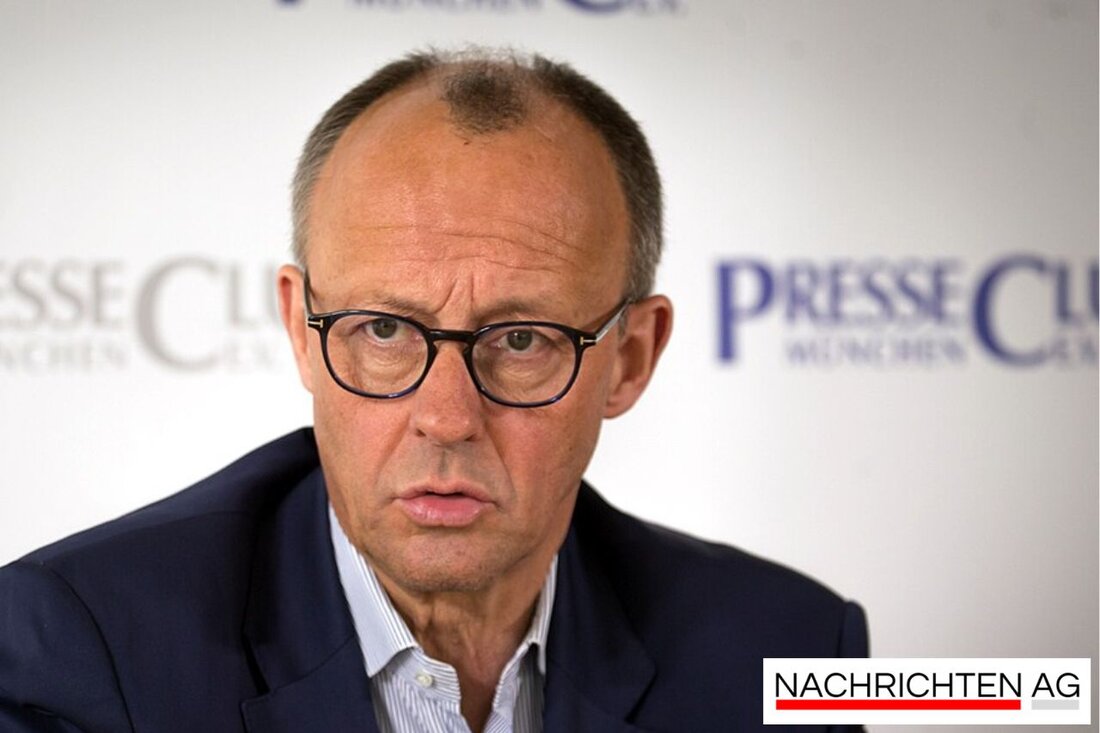Industry Day in Berlin: Chancellor warns of gloomy economic situation!
On June 23, 2025, political leaders in Berlin discussed the challenges of the German economy after the recession.

Industry Day in Berlin: Chancellor warns of gloomy economic situation!
The “Day of Industry” (TdI) in Berlin was recently dedicated to the challenges that the German economy must tackle. Numerous top political representatives, including Chancellor Friedrich Merz, were present to discuss the pressing issues of the time. How DW reported, BDI President Siegfried Russwurm expressed concern about the “lost years” that Germany has experienced in recent years.
Criticism of the government had many facets, from the Russian attack on Ukraine to the energy crisis and high inflation. These challenges in particular are making it difficult for the German economy to get back on its feet. What does Chancellor Merz say about this? He emphasized that “turnaround years” are needed to improve the situation and warned against a negative portrayal of the business location.
Economic Insights
Peter Leibinger, the new BDI president, sees the forecasts for 2025 as rather bleak. The German economy will continue to have difficulty recovering, especially because of global crises such as the customs dispute with the USA and the conflict between Israel and Iran. These aspects could slow down the economic growth process. How Mirror notes, the ongoing customs dispute is seen as a major risk to economic development.
Another setback is that the German economy will have slipped into recession again in 2024. Gross domestic product (GDP) fell by 0.2 percent compared to the previous year, representing the second consecutive decline. ZDF points out that structural and economic pressures play a role here. Industry suffered a 3 percent decline in value added, and investments in machinery and equipment also fell by 5.5 percent.
Outlook for the future
The developments leave a sobering mood. The uncertainties on the labor market are contributing to consumers holding back and private consumer spending only increasing by 0.3 percent. Private consumption, which contributes around 50 percent of economic output, remains an uncertain factor.
To counteract this, political representatives announced tax relief, the financial impact of which is estimated to tear a hole of around 48 billion euros in the federal budget. Federal Finance Minister Lars Klingbeil emphasized the importance of foreign investment and the need to reduce electricity and gas prices in order to relieve the financial burden on companies.
An investment package for infrastructure measures is intended to promote the modernization of roads, railways and digital networks. But it's not just the financial aspects that are crucial; Bureaucracy and high administrative costs are also seen as an obstacle to companies' ability to act.
Could the next TdI in 2026 perhaps give cause for hope? Those responsible are optimistic that the situation will have improved by then. But the current challenges show that the German economy still has a long way to go.

 Suche
Suche
 Mein Konto
Mein Konto